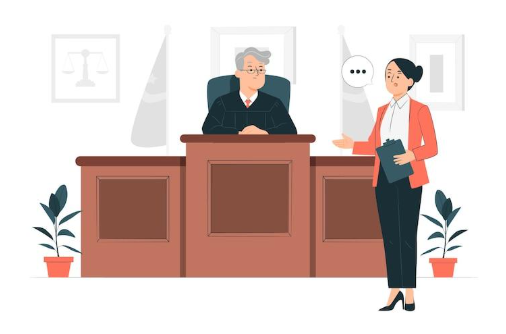While many people think abuse cases are handled only in criminal courts, where the state prosecutes the abuser, a large part of abuse cases, especially domestic violence or sexual abuse involving family or shared spaces, often end up in civil courts. In these courts, survivors seek protection, compensation, or changes in family arrangements rather than criminal punishment.
Civil courts are different from criminal courts in several important ways:
- There is no jury.
- There is no criminal conviction.
If you are a survivor considering this path, you can reach out to the sexual abuse & assault lawyers at File Abuse Lawsuit, who specialize in guiding survivors through every step of the legal process.
How Civil Courts Work for Survivors of Sexual Abuse
Starting a civil claim doesn’t require a prior criminal case, though reporting to the police is encouraged because police reports can support the civil claim.
To start a civil claim, survivors usually:
- Consult a specialist abuse solicitor: Experienced solicitors help survivors by providing confidential and empathetic support. They guide survivors through the entire legal process.
- Gather evidence: This step involves collecting all records related to the abuse, including personal statements, medical reports, and expert opinions. Medical experts often review these records to prepare clear evidence for court.
- Submit the claim: The solicitor submits the claim to the responsible party or institution. This claim is then reviewed by their insurers, who decide whether to admit fault.
- Negotiate settlements: Most civil claims settle before going to court, avoiding lengthy trials. If a settlement is agreed upon, compensation is paid to the survivor.
What Survivors Can Gain from Civil Claims
Here are some of the benefits that civil claims offer victims of abuse:
Financial compensation and recognition
Civil claims focus on damages, which are financial awards meant to compensate survivors for the abuse they suffered. While money can never undo the harm, compensation helps survivors recover by:
- Covering therapy and medical costs, especially for treatments that might not be fully available through public health services.
- Providing financial support to rebuild lives and regain independence.
Apologies and accountability
Civil claims can also result in formal apologies, especially when institutions like churches or care homes are involved. These apologies acknowledge the harm caused and show remorse. For survivors, this can be an important step in healing and closure.
Also, civil claims push institutions to improve safeguarding, thereby preventing future abuse by raising awareness and forcing better protective measures.
Better chance of healing
Civil claims give survivors control over their case and timeline, which is crucial for healing. The process can help survivors feel empowered, regain control, and finally have their abuse recognized by the law.
Dual justice in criminal and civil courts
Some survivors choose to pursue both criminal and civil cases to ensure their abuser is held accountable twice, once criminally and once civilly. This can provide stronger recognition of the abuse and greater satisfaction for survivors seeking justice.
Articles published under the Editorial Desk byline may include material from various sources and are reviewed internally to ensure clarity, factual consistency, and compliance with the site’s editorial standards. Content is published for general informational purposes only and follows applicable content and publishing guidelines




